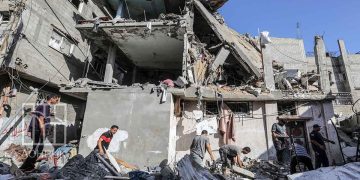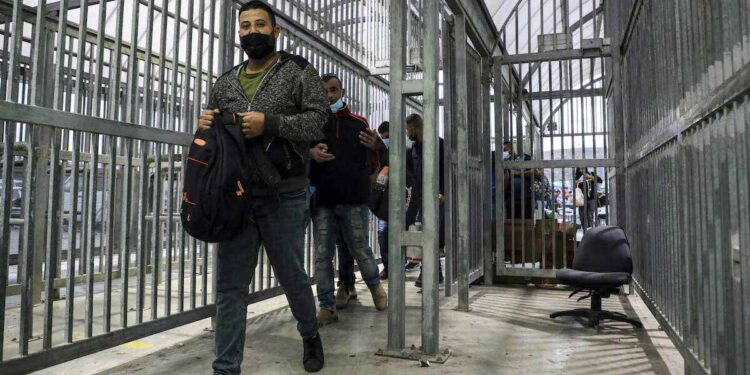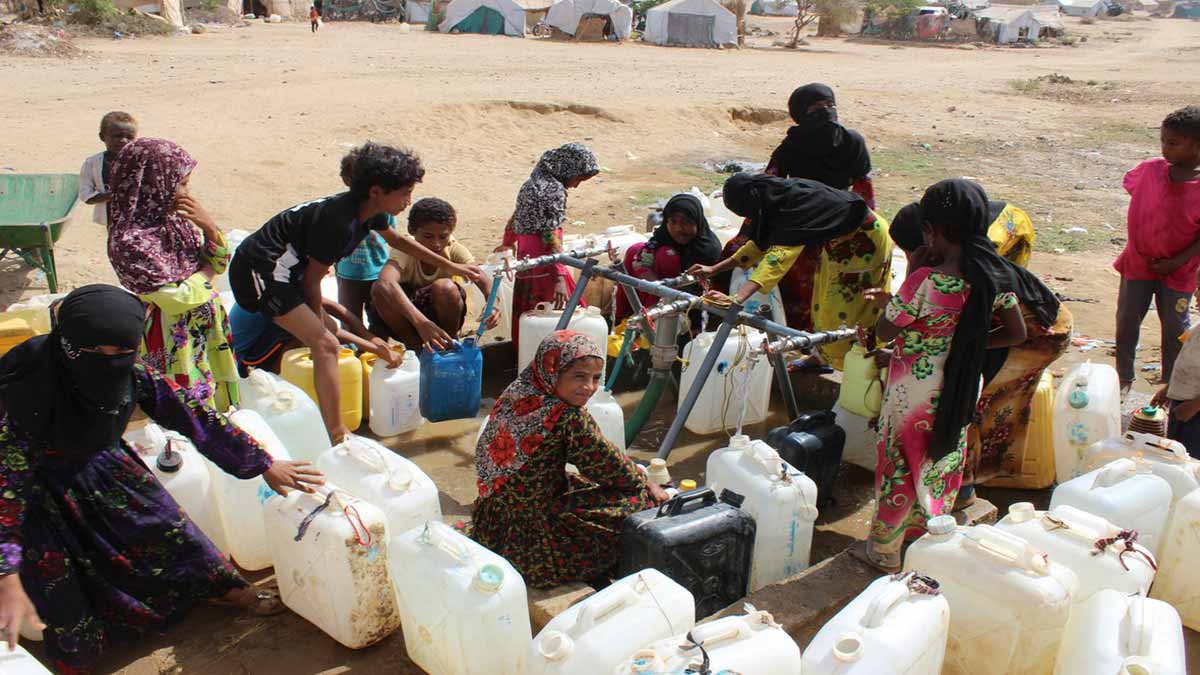The United Arab Emirates relationship with Israel has blossomed like no before. Contrary to the normalisation deals made with Egypt, Jordan in the 90s, the Abraham Accord has been implemented by both nations in a speed of light fashion. For the first time, the UAE have hosted settlement leaders in a show of support, allowed the import of wine from the occupied Golan and promised to revamp and modernise Israeli military checkpoints designed to intimidate and harass Palestinians.
The chief executive of the U.S. International Development Finance Corporation, Adam Boehler, announced that alongside the UAE and Israel, a $3 Billion investment fund to be created, known as the Abraham fund, that would help to promote investments in Israel and the occupied West Bank, with one of the top priority being that of upgrading and modernising checkpoints used to contain and cage the Palestinian populous.
There are currently over 700 Israeli military checkpoints across the West Bank, with an additional 300 flying checkpoints being created. Such checkpoints are designed to cage, intimidate and harass the Palestinian people.
Not only are checkpoints a massive hindrance in daily life, they have a negative effect on the Palestinian economy as a whole. A recent UNTCAD report concluded that Israeli checkpoints have cost the West Banks economy a minimum of 6% of the Palestinian GDP. The report went on to add that the placement of one checkpoint minutes away from any given location, reduces the probability of being employed by 0.5%, hourly wage by 6.3% and working days by 2.6%
Financing, developing and enhancing the occupation will not lead to the improvement of Palestinian lives nor will it change Israel’s policy in the occupied land as claimed. For instance, when the Dutch, in 2013, embarked on a similar goal of enhancing Israel’s security, It offered Israel a high-tech container scanner to its border with the Gaza Strip in an attempt to offer a solution of Israel’s proclaimed security fears about Gazan exports and imports. When the Dutch authorities demanded that Israel use this technology to allow Gazan exports to the West Bank, Israel denied the request and insisted on these restrictions, citing security concerns.






























